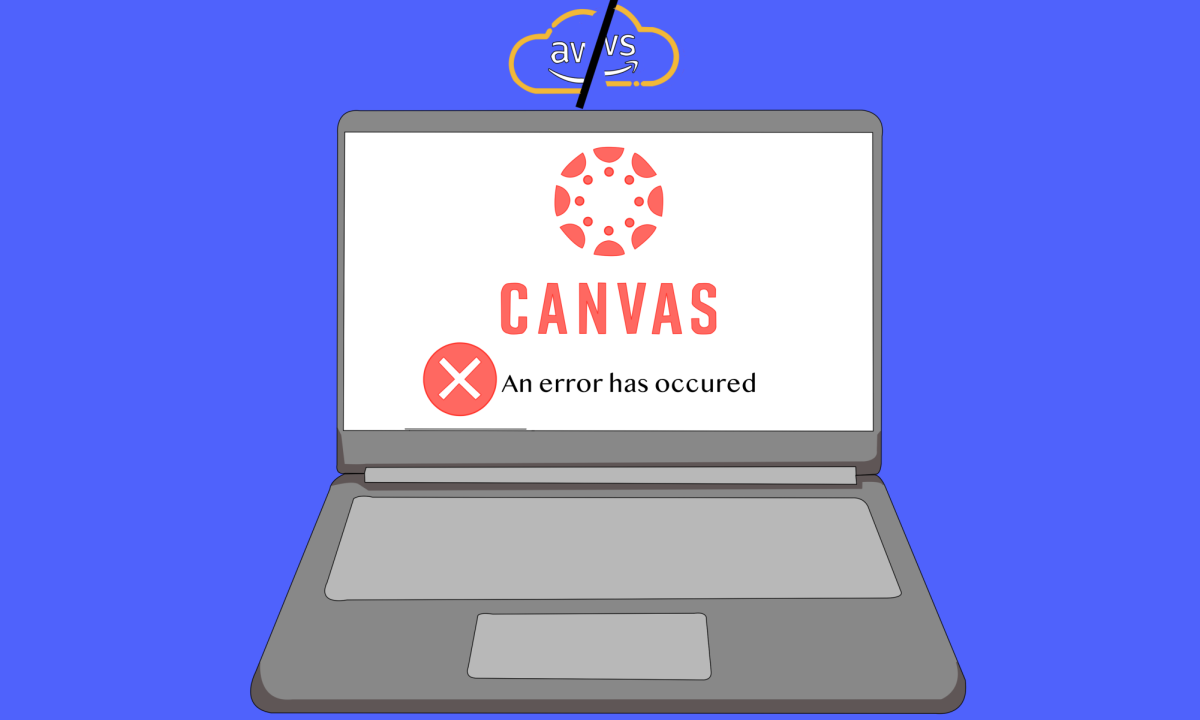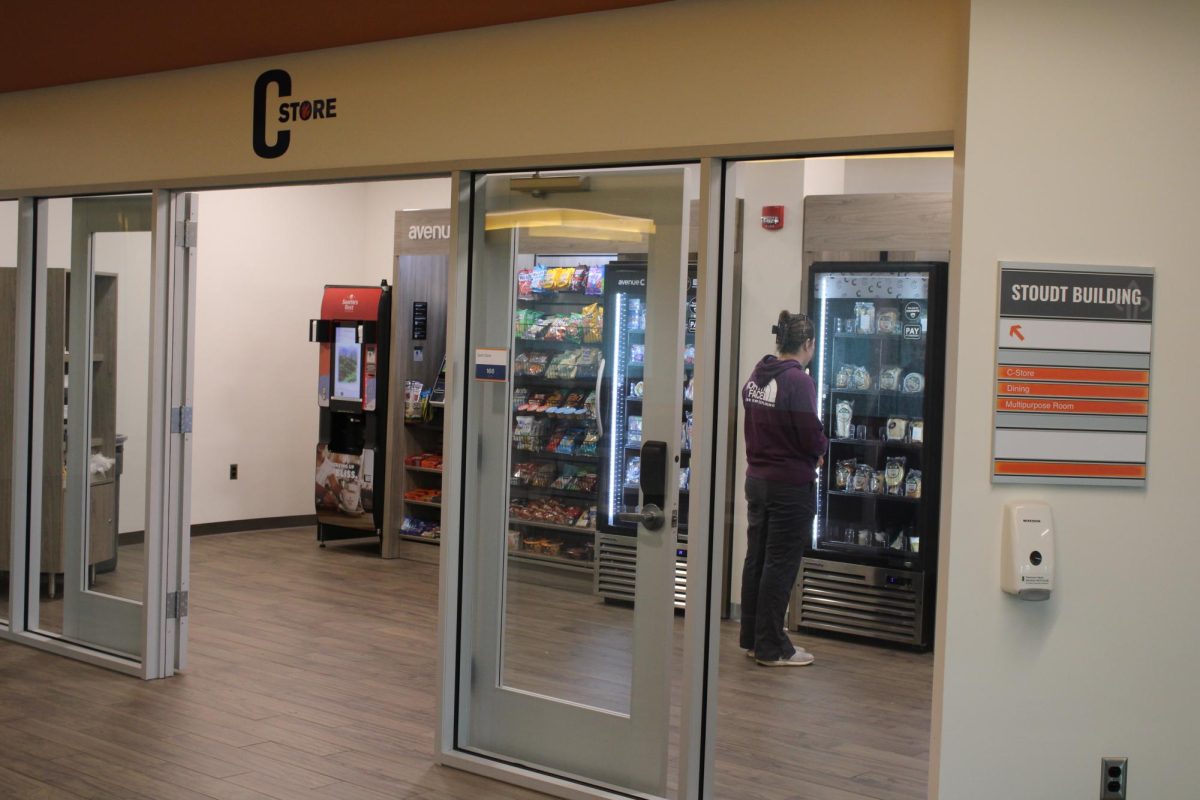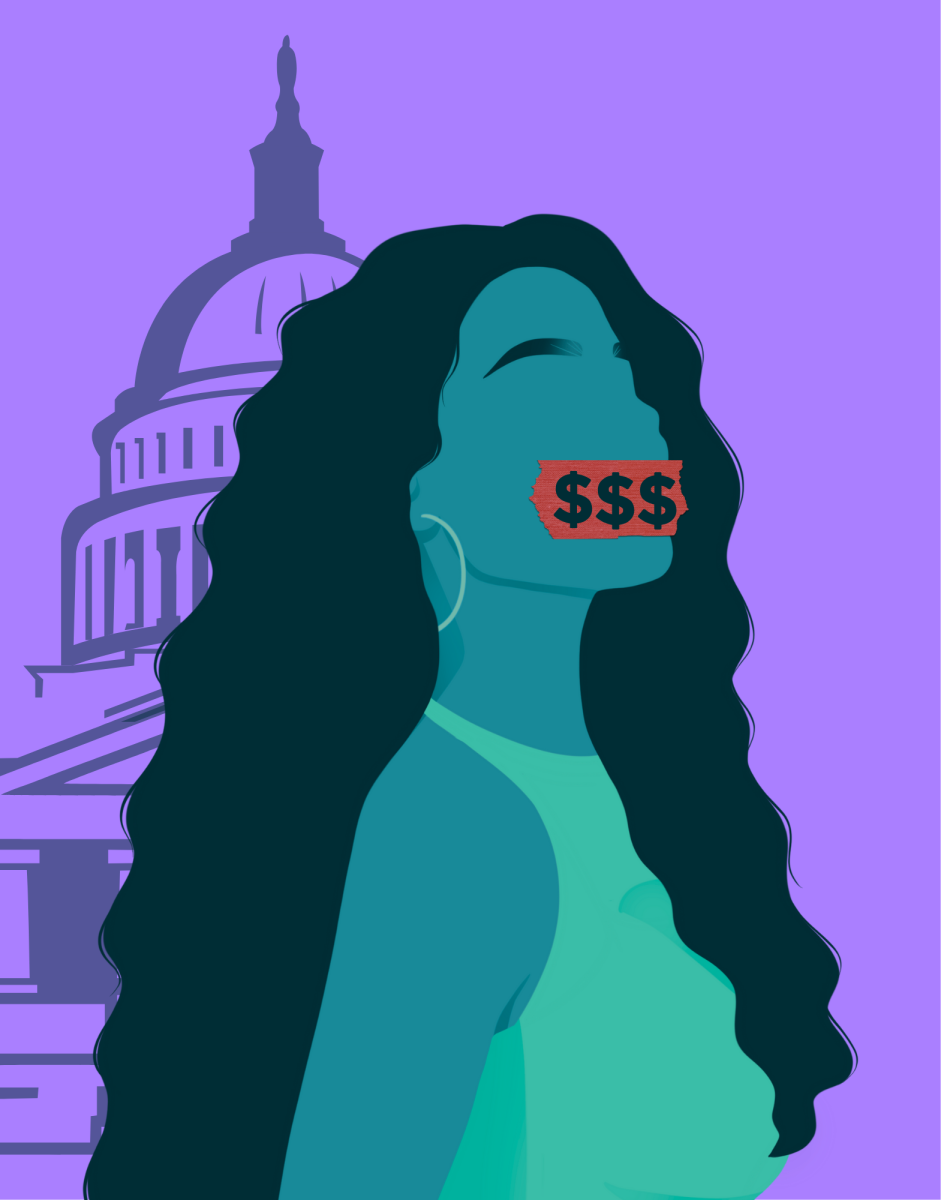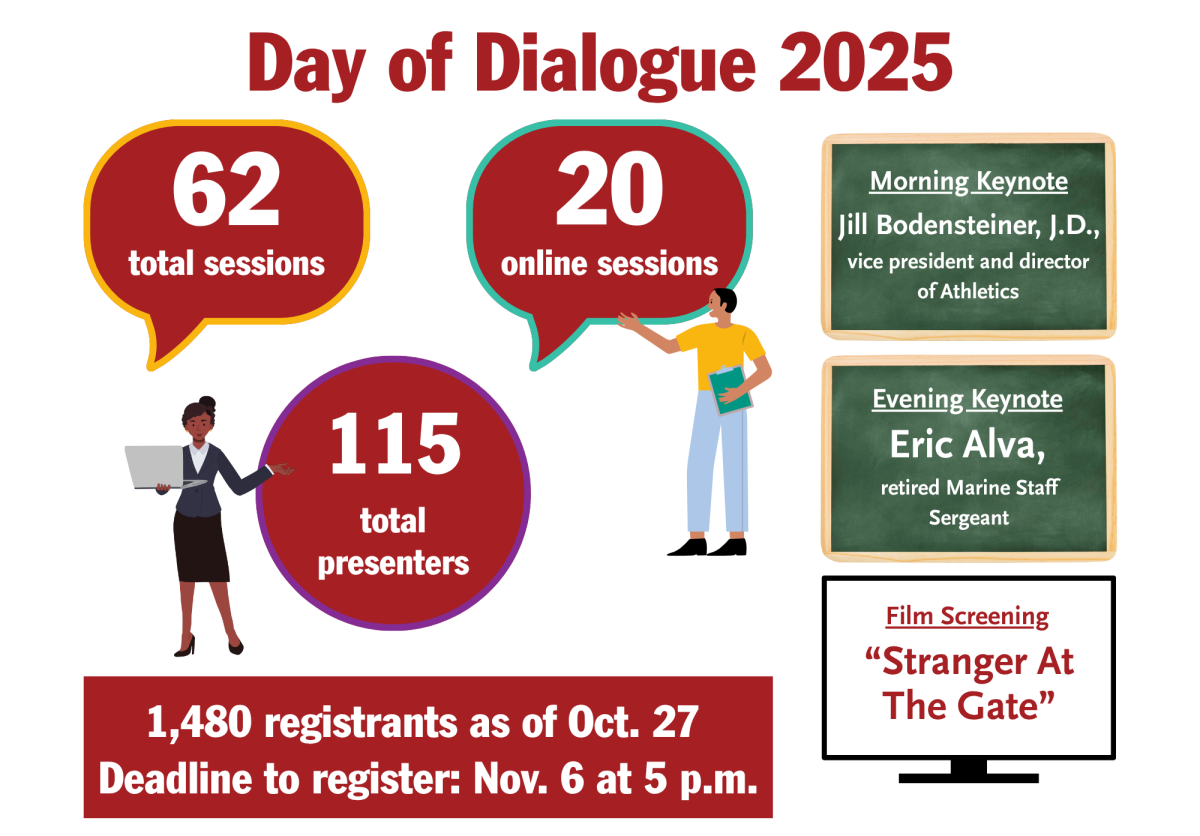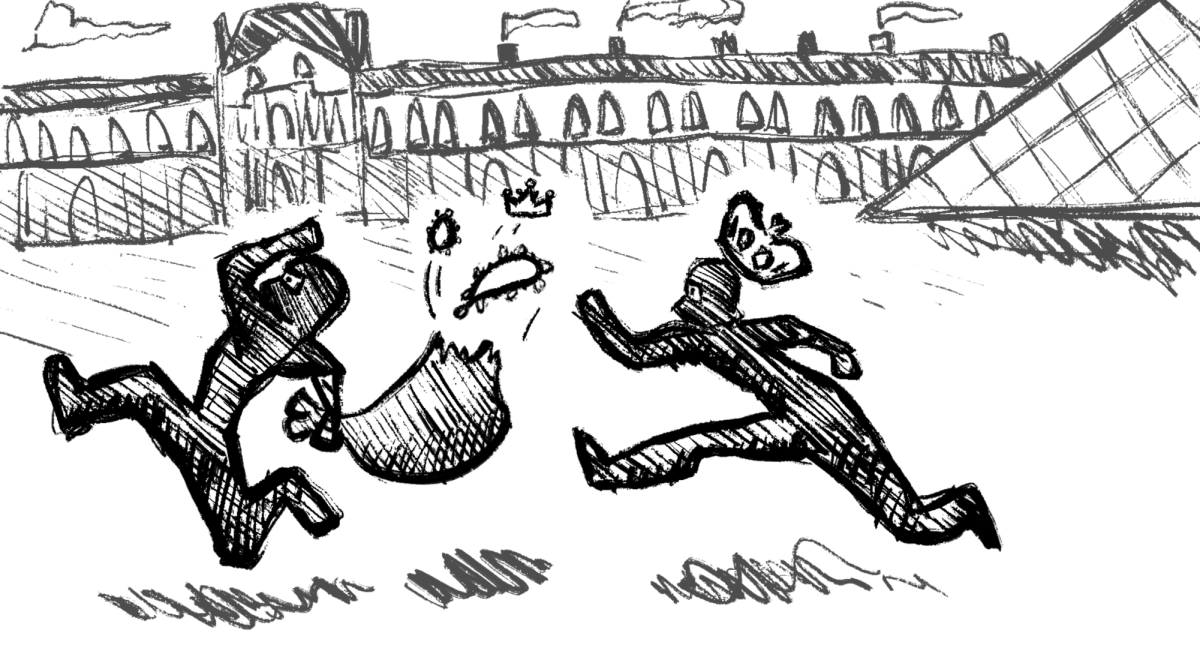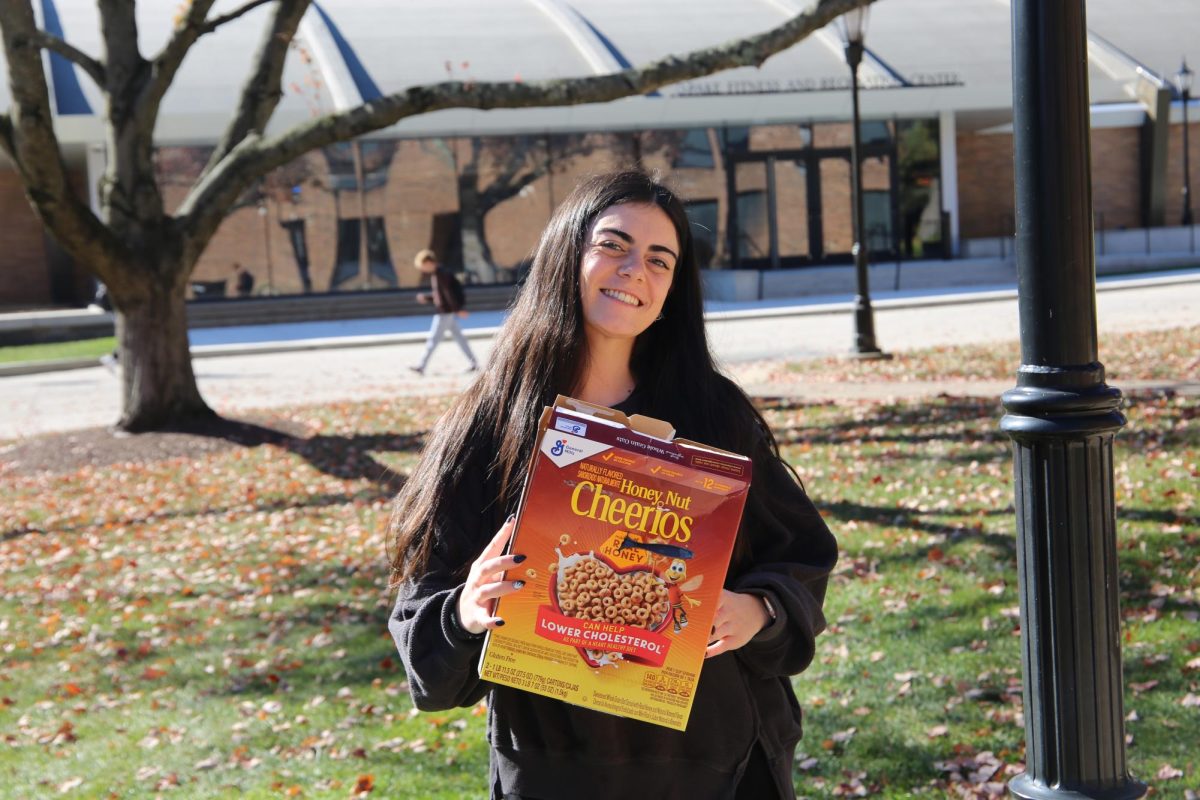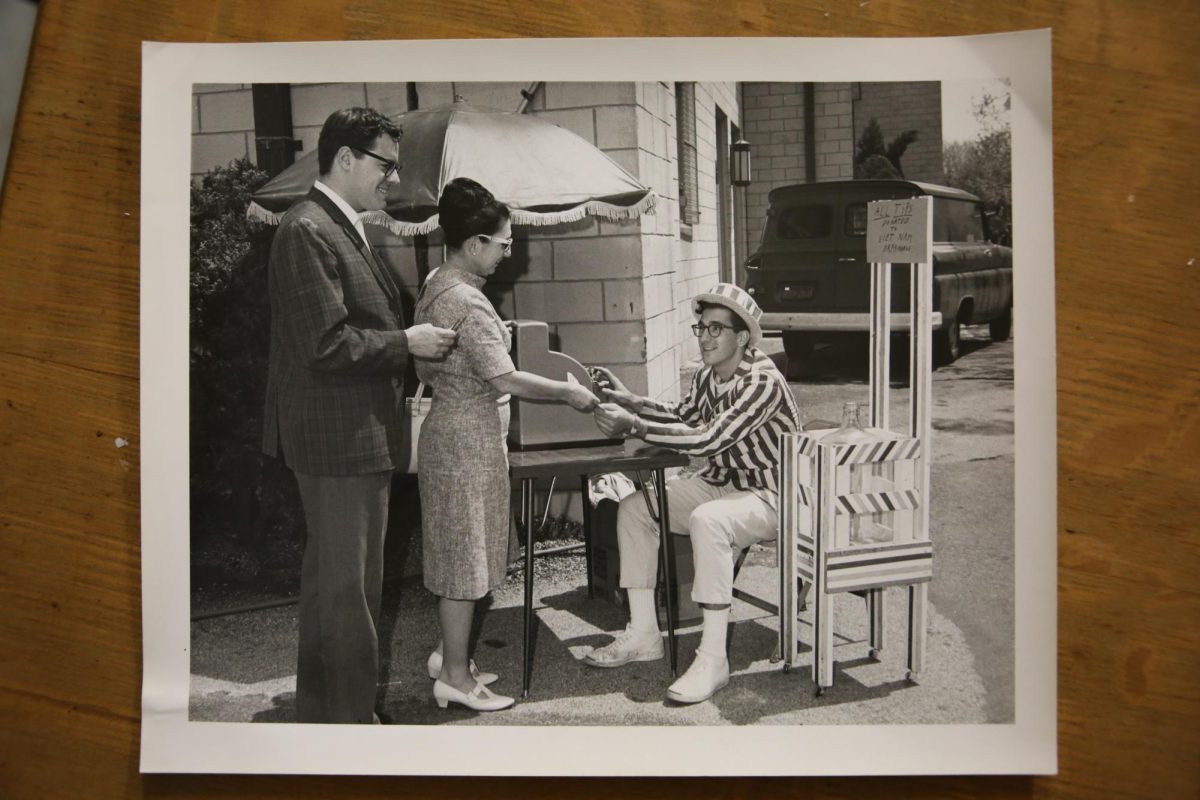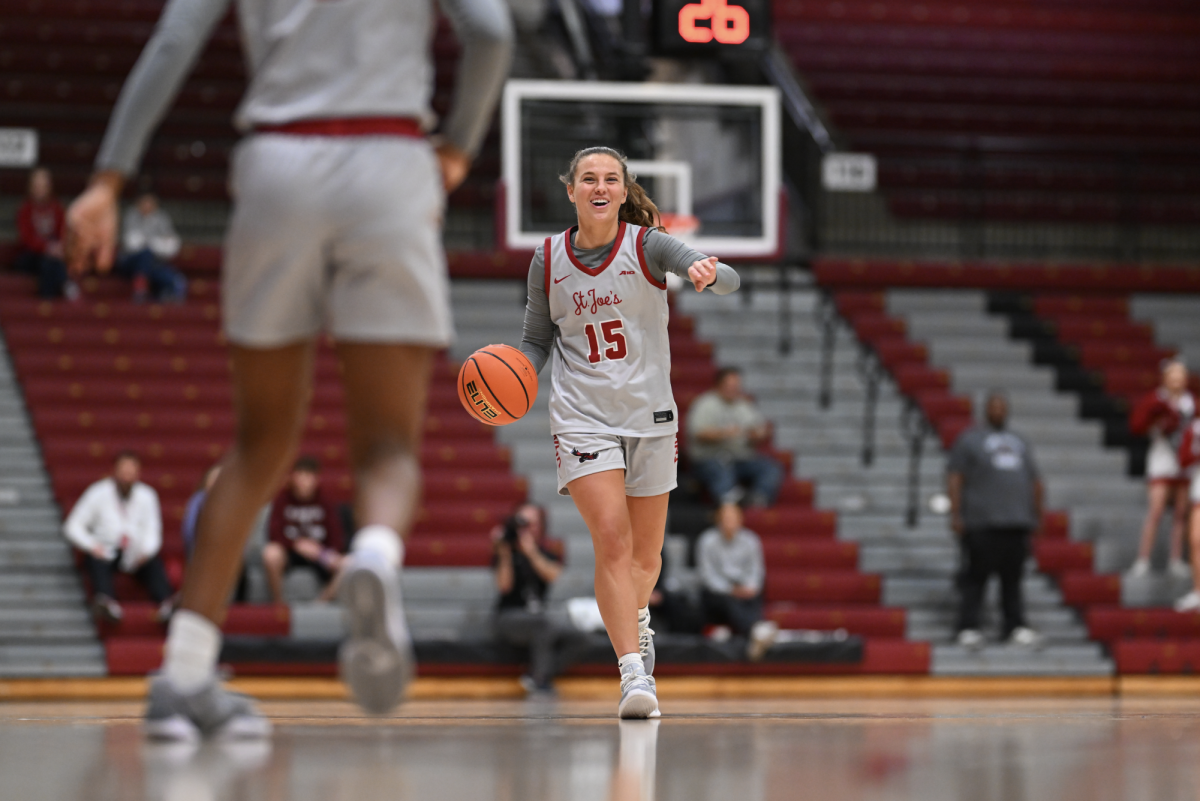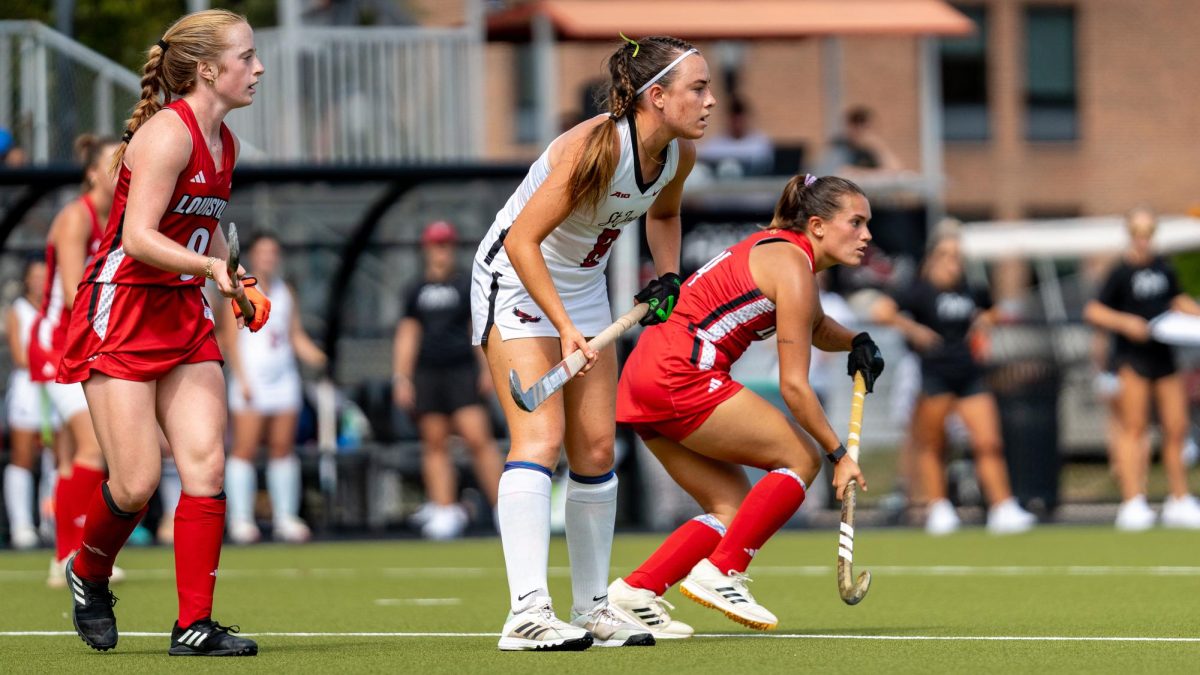Downward trend in incident reports
The Saint Joseph’s University Office of Public Safety and Security’s 2017 Annual Security Report (ASR) and Annual Fire Safety Report released to the St. Joe’s community reveals a reduction in on-campus rapes, and drug and alcohol referrals. There were 449 alcohol-related referrals in the 2017 report, a decrease of 116 from the 2016 annual report. Drug law violations increased slightly, from 105 in last year’s report to 117 in the 2017 annual report.
The Annual Safety Report is the result of the Clery Act, a fedral law passed in 1990 which requires colleges to report campus crimes to the university communities. Arthur Grover, director of Public Safety and Security, has compiled information for the Annual Security Report for the past 13 years.
“I’ve seen the evolution of annual security reporting going from, when I first came into the business, a bi-fold pamphlet to something that is now over 50 pages,” Grover said. “The report has grown, because there has been a lot of concern about safety and security on campus.”
According to the Clery Center, a nonprofit established by the parents of Jeanne Clery who was raped and murdered in her dorm room in 1986, the annual safety report requires colleges and universities to provide statistics on campus crime, including incidences of alcohol and drug use, as well as information regarding the prevention of and response to sexual assault on campus.
St. Joe’s 2017 annual report shows that on-campus rape offenses decreased from nine in 2014 to three in 2016.
Title IX coordinator Mary-Elaine Perry, Ph.D., credits this decrease to her office’s emphasis on rape education.
“I think we were really ramping up our educational efforts and so more people were reporting,” Perry said.

Pennsylvania from ASR 2015, 2016 and 2017 (Graphic by Kaitlyn Patterson ’20).
She added that although the number of on-campus rape reports in 2015 and 2016 were low, more behavior was occurring off-campus. The Clery Act does not require universities to report incidents that take place off-campus.
Five other universities in the greater Philadelphia area, Drexel University, Temple University, Villanova University and the University of Pennsylvania, also released 2017 annual safety reports. The reports show that compared to the previous year alcoho incidents decreased at all institutions, except for Villanova University and Drexel University, which showed increases.
Representatives from each of the five universities meet several times a year to compare data and discuss strategies.
“The Title IX coordinator at Penn has people come together for a luncheon,” Perry said. “There’s always an agenda, someone talking about something that they’re doing, but also it’s ‘How are things going on your campus? Are you seeing more, are you seeing fewer?’”
Reports of burglary and assault incidents over the past three years have remained relatively stable and low. Grover credits the efforts of public safety to protect students who live off-campus as well as on-campus.
“We pride ourselves in having a lower profile of crime on this campus and on the periphery than if you looked at crime trends in the larger area,” Grover said.

